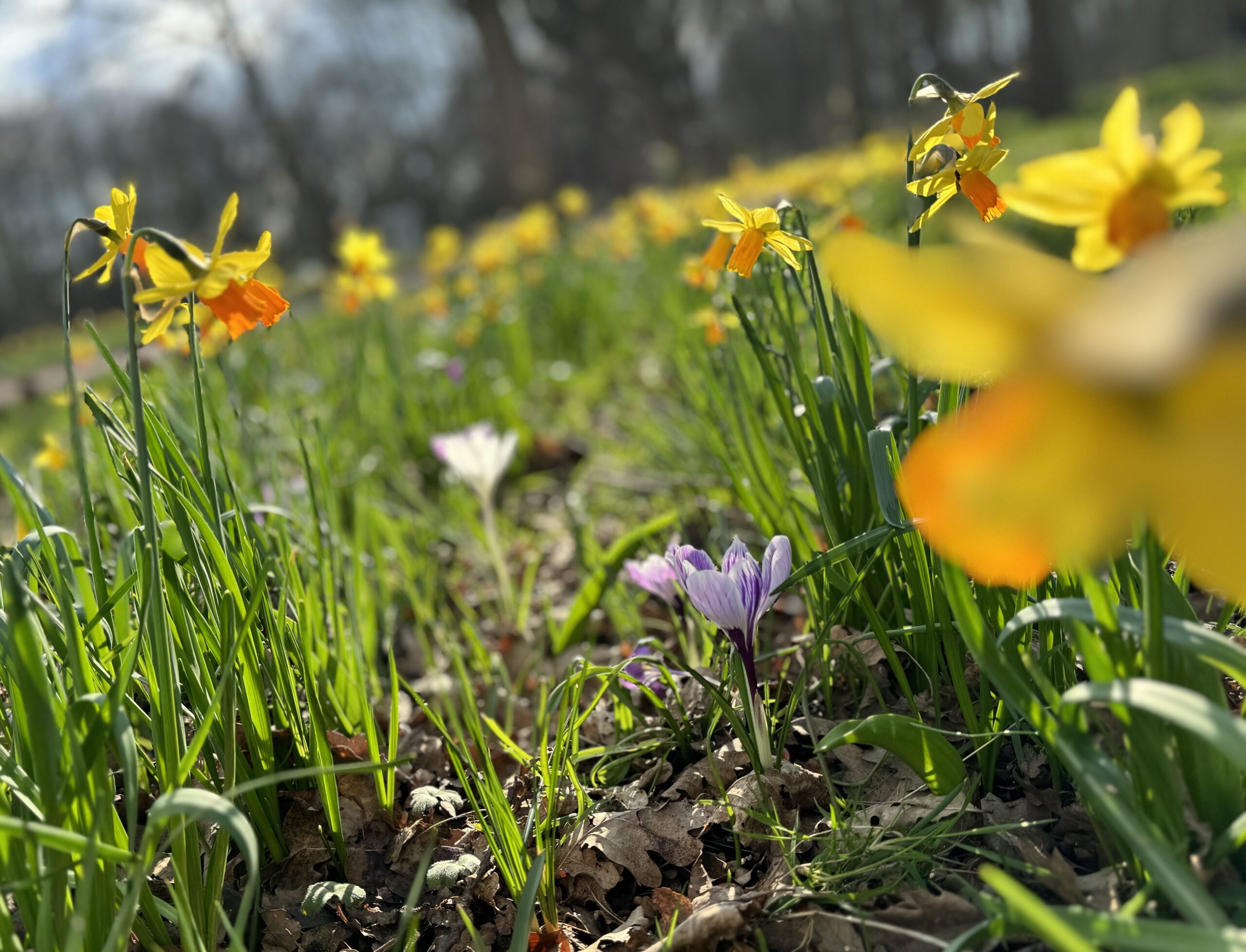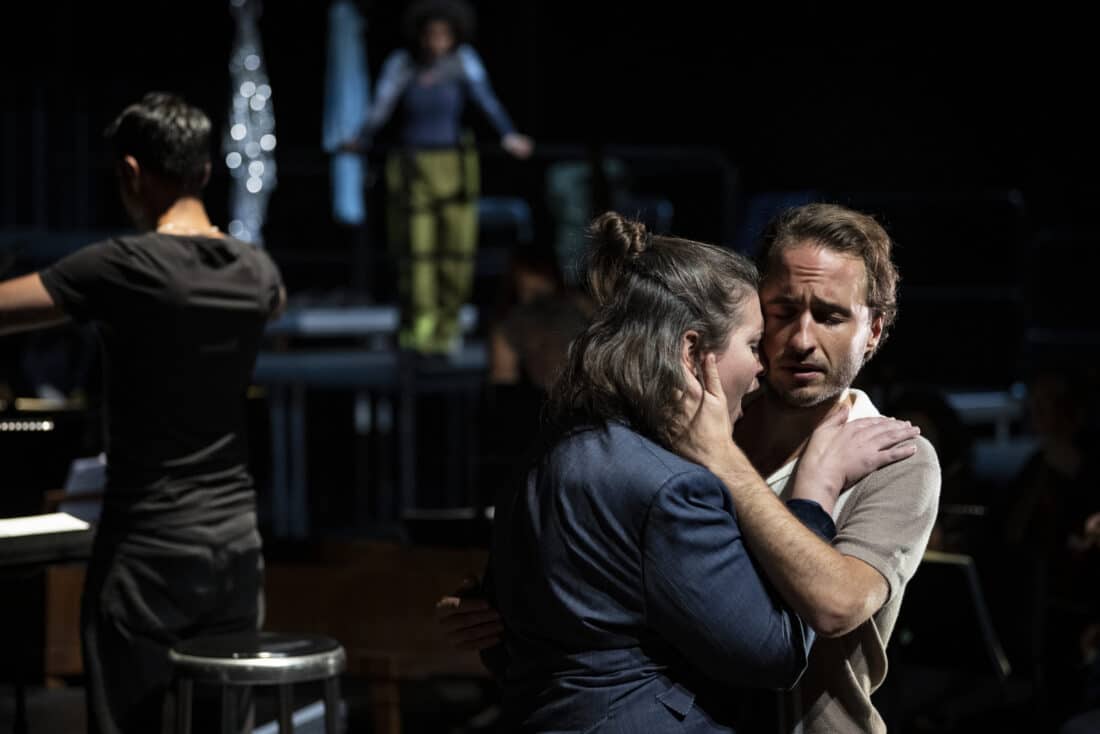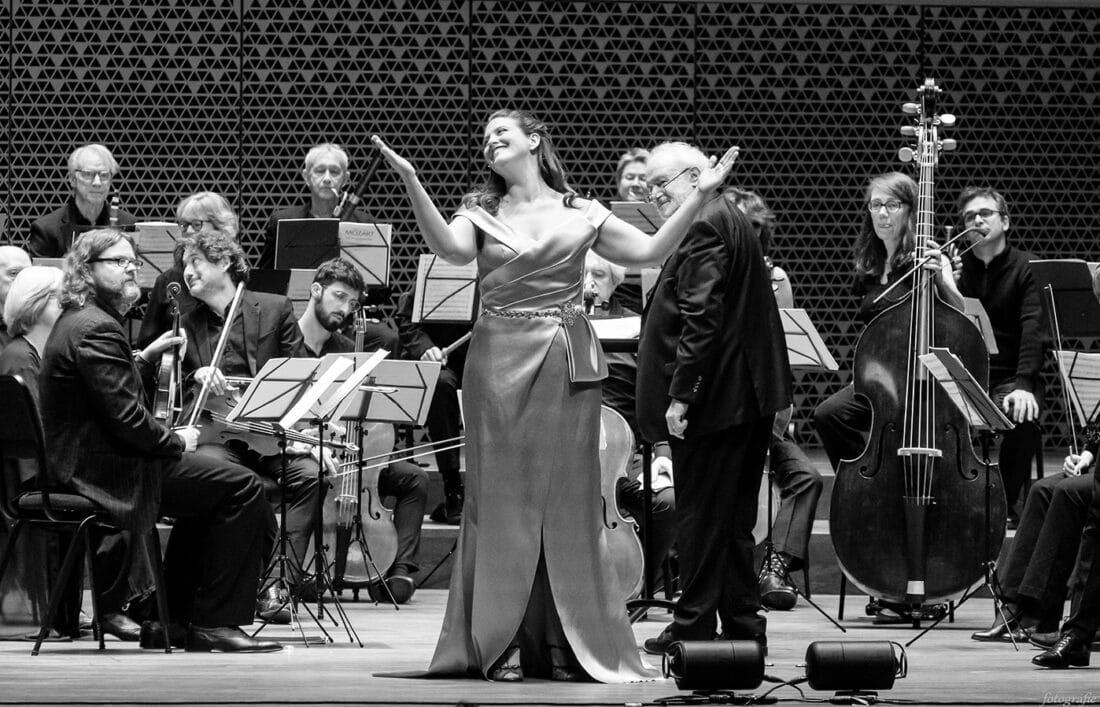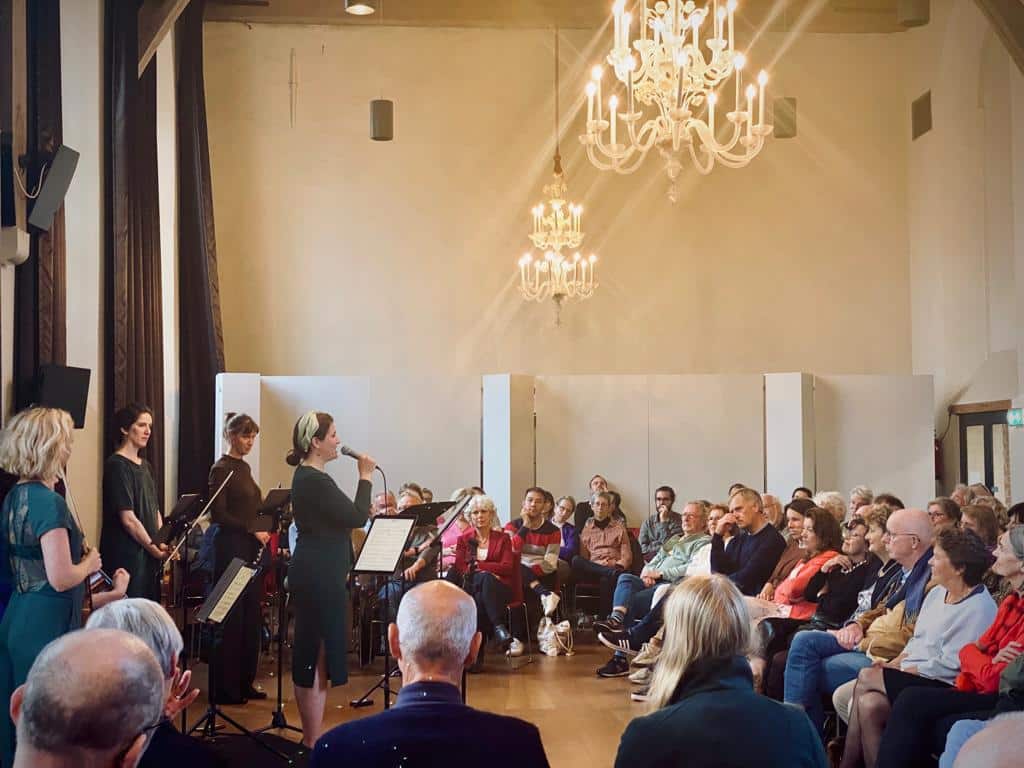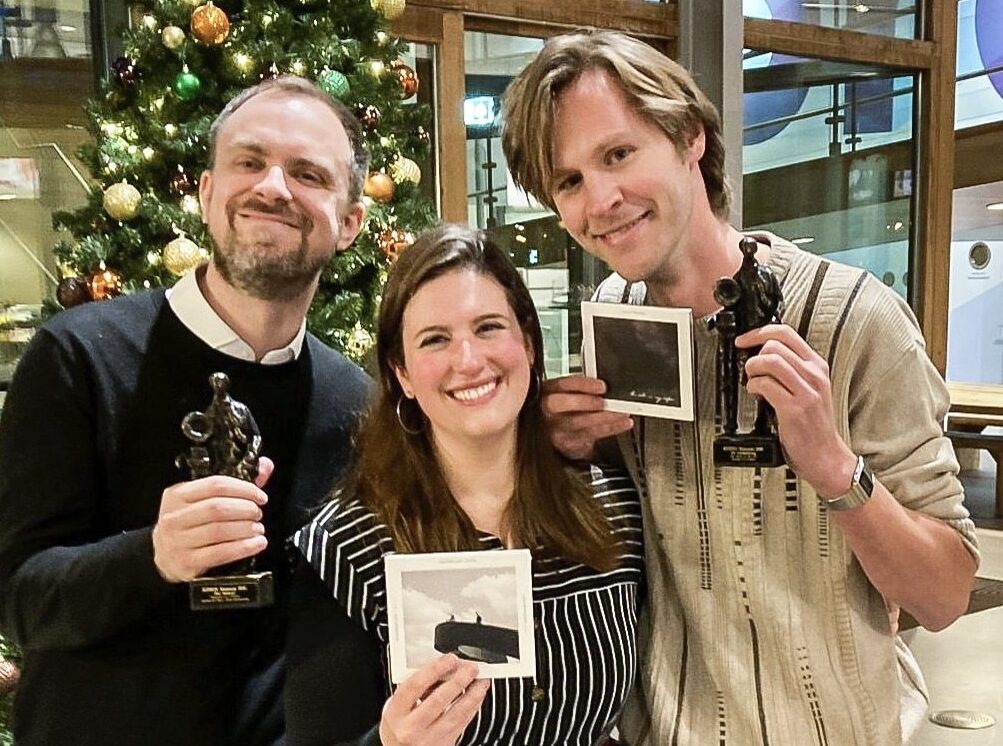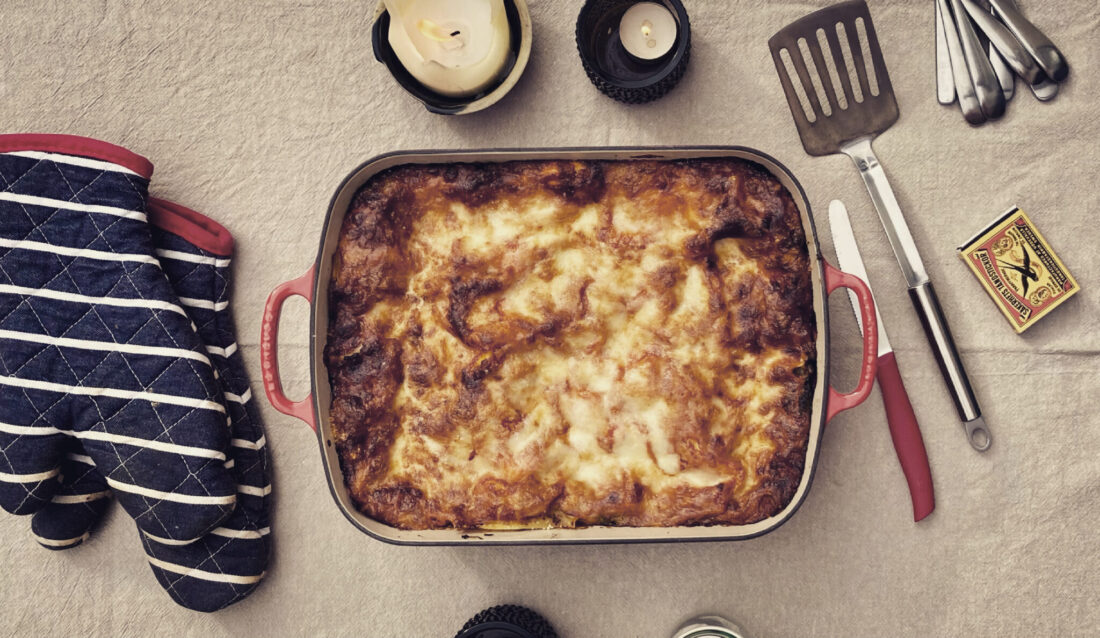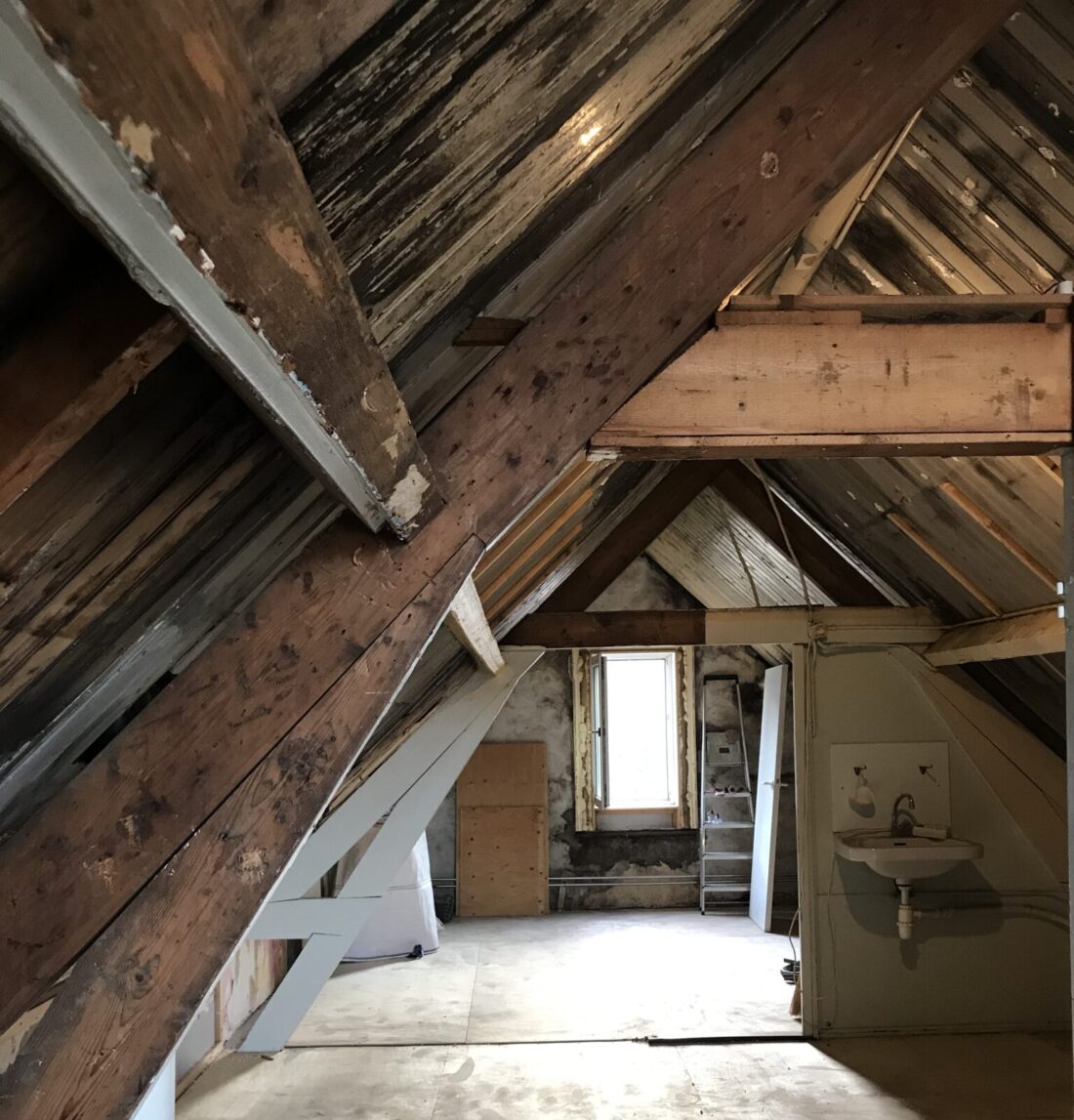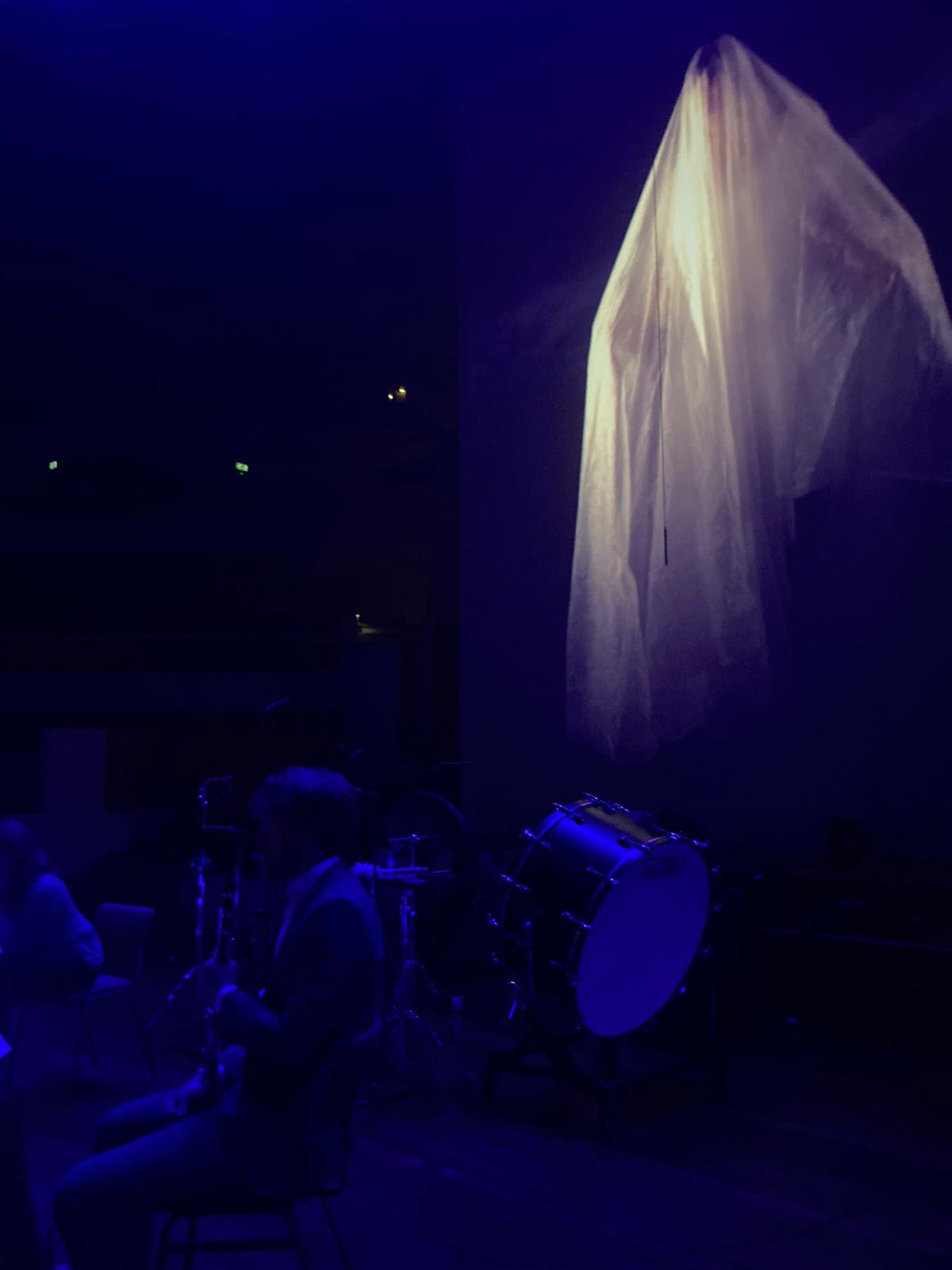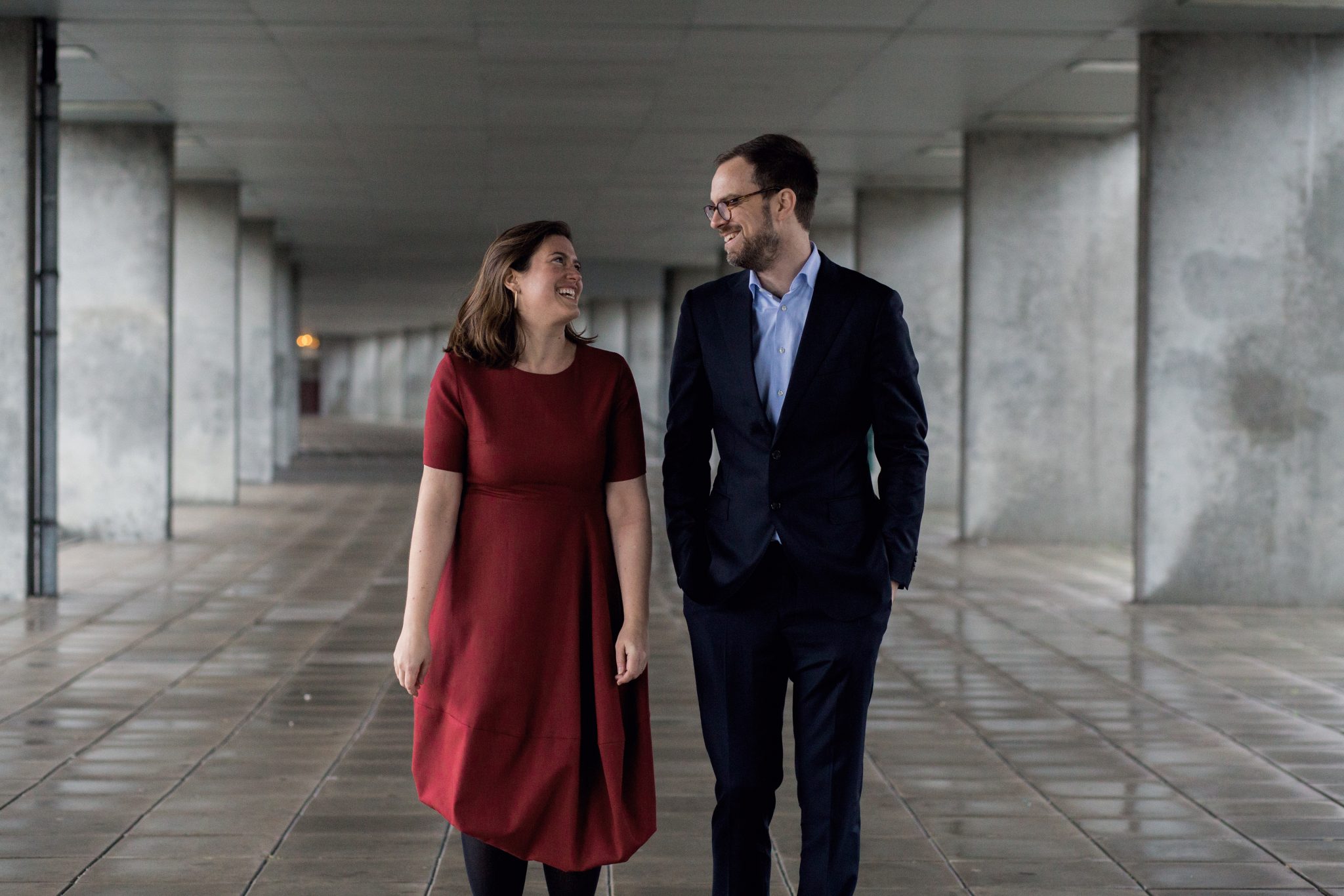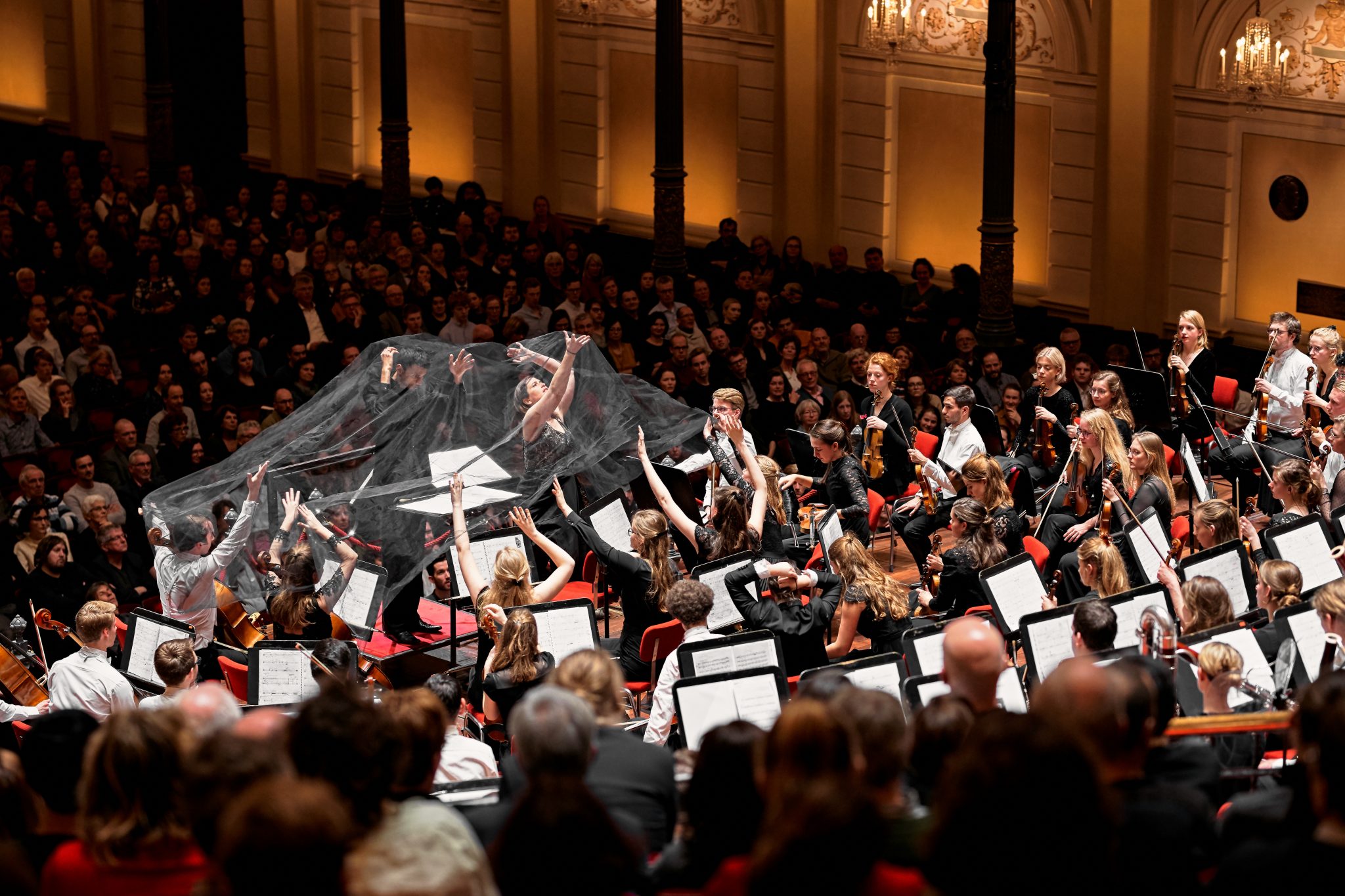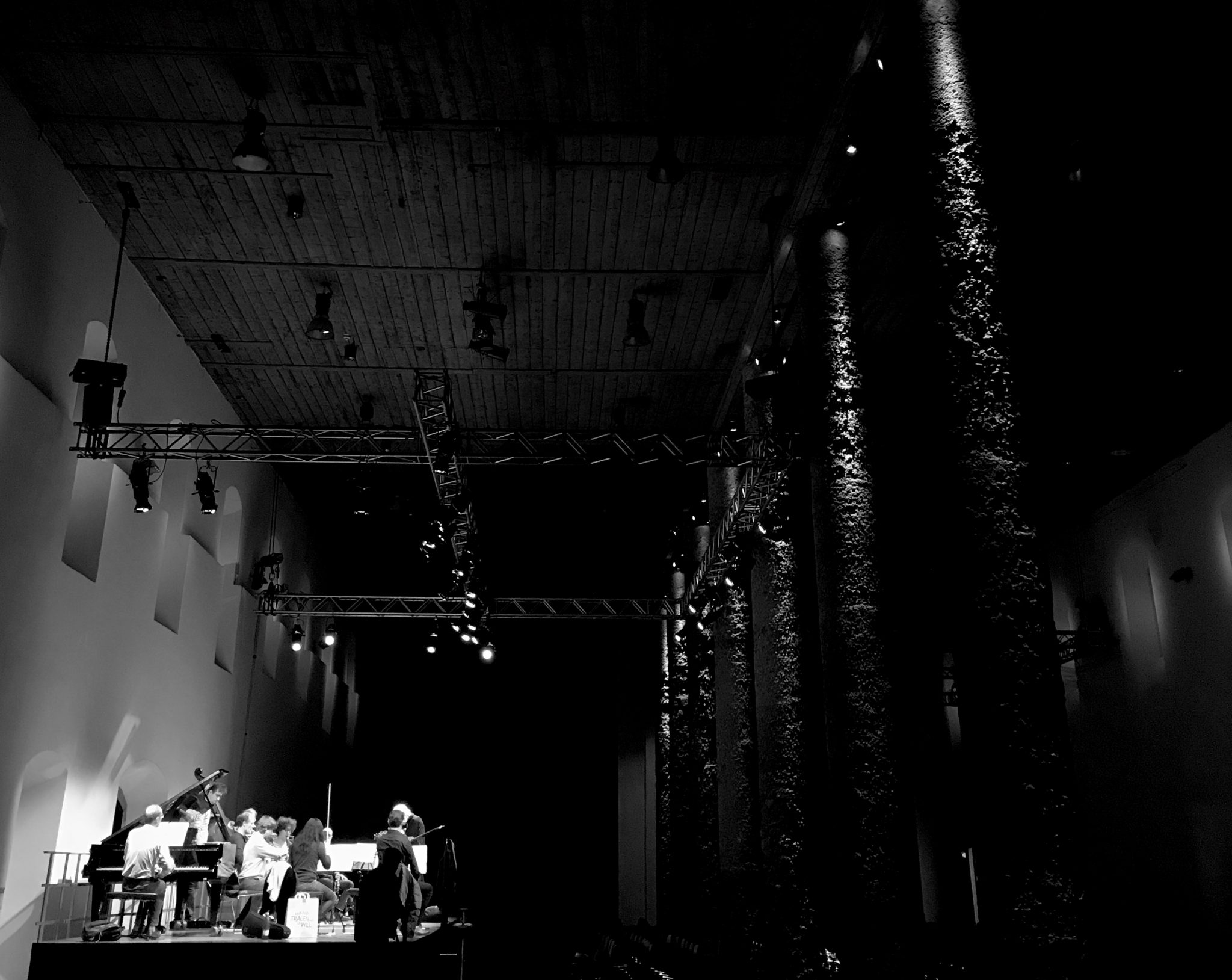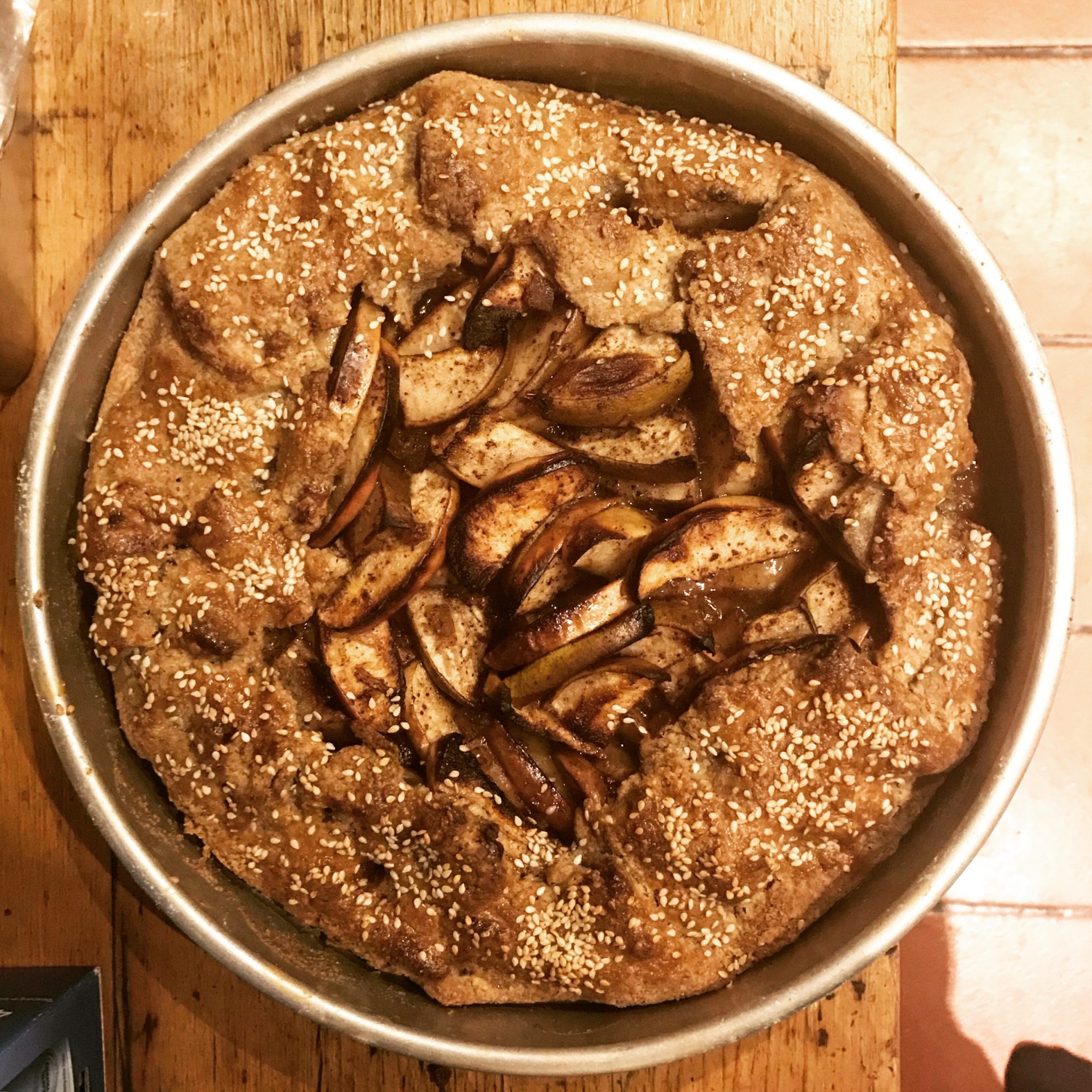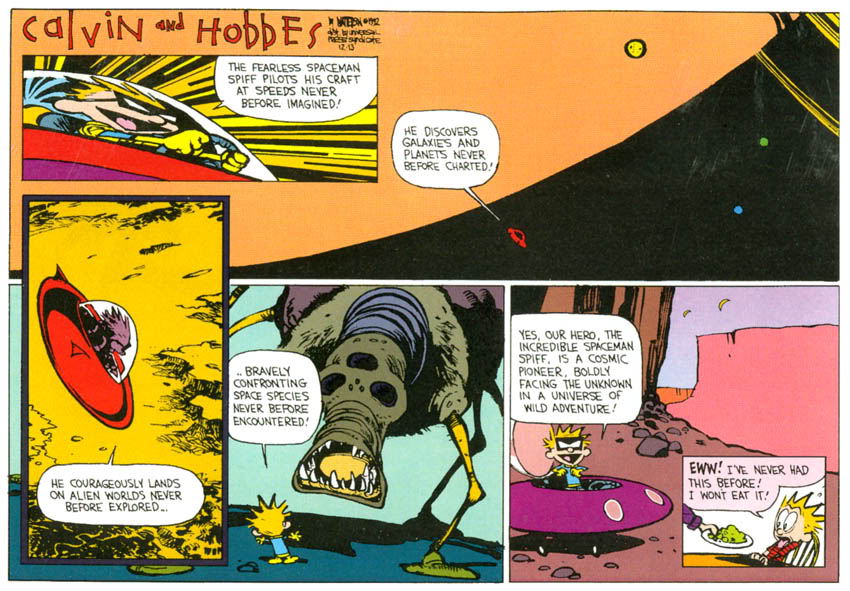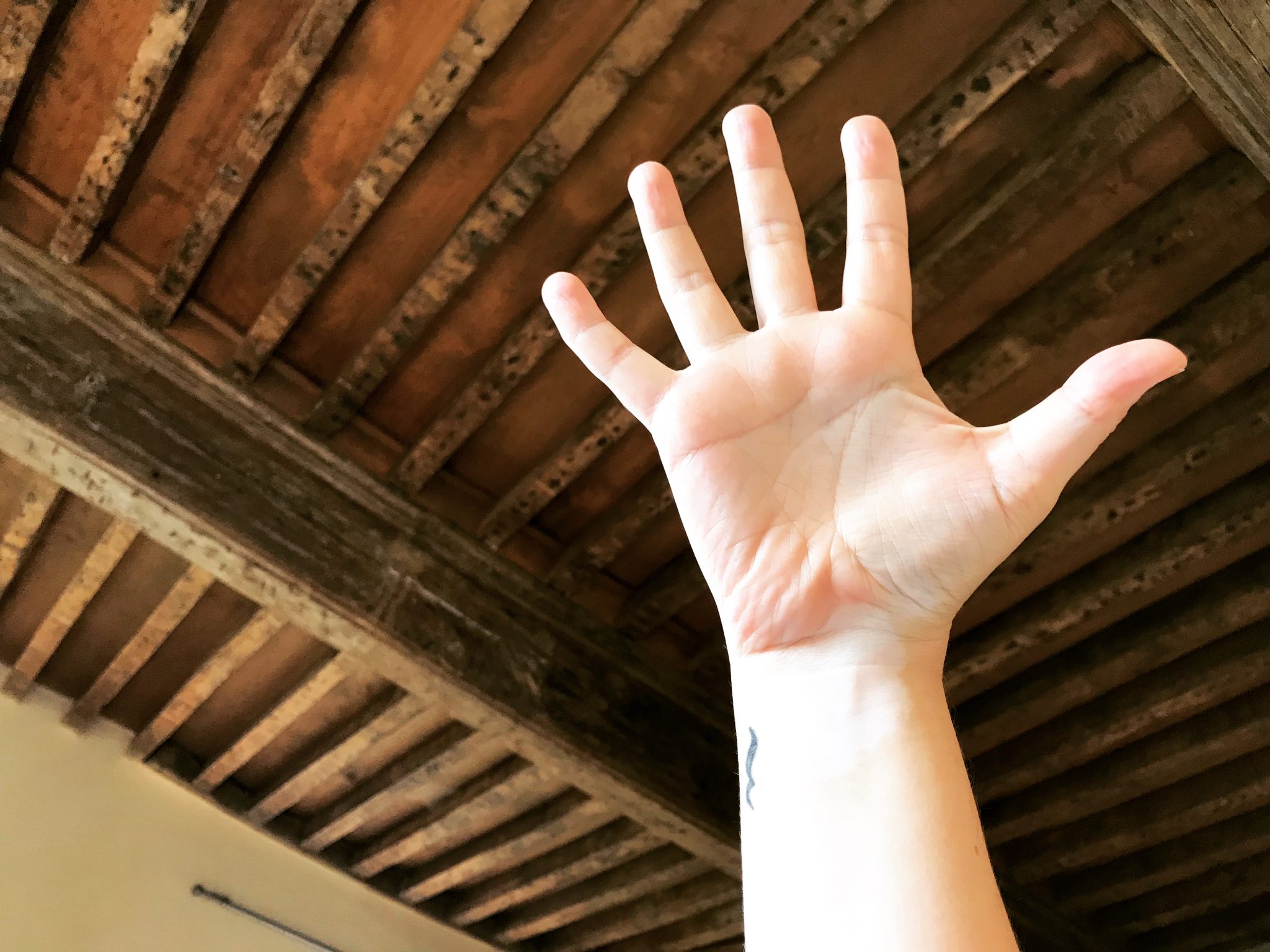in praise of feeling less
Hi from my couch (mustard-yellow). No soprano glamor here: I’m wearing an oversized cabled sweater (the color of late summer sunlight) I knitted years ago, candy-cane-patterned socks a friend gave me as a joke, and slippers (caramel) I bought on a blustery day in December between rehearsals. I’m leaning against a woven wool pillow (white, black, turmeric) I got in Oaxaca in January. I’m drinking my third coffee of the day out of a favorite mug (stormy blue) handmade in North Carolina, and I’ve just set down another knitting project (purple, spring green, white) that matches the crocuses popping up all over Rotterdam. My pet rabbit is snoring; the kids in the schoolyard behind my house are shrieking, as usual.
I’m grounding my body in sensory experience—color, taste, tactile fabrics—as a bulwark against the waves of feeling that come as I reflect on the last year or so, since I finally feel able to write about some of it. No doubt I should be pointing to the lovely concerts I got to sing, name-dropping orchestras and colleagues, or teasing future work, but instead, all I want to do is write about this year’s particular mix of music and vulnerability.
The most notable event, professionally, was making the album Forget This Night. It was so close—to us, its makers, Sam and Frerik and me especially, plus many more who contributed in vital ways—that it was hard to keep perspective on it, and even harder to let go when the time came.READ MORE

